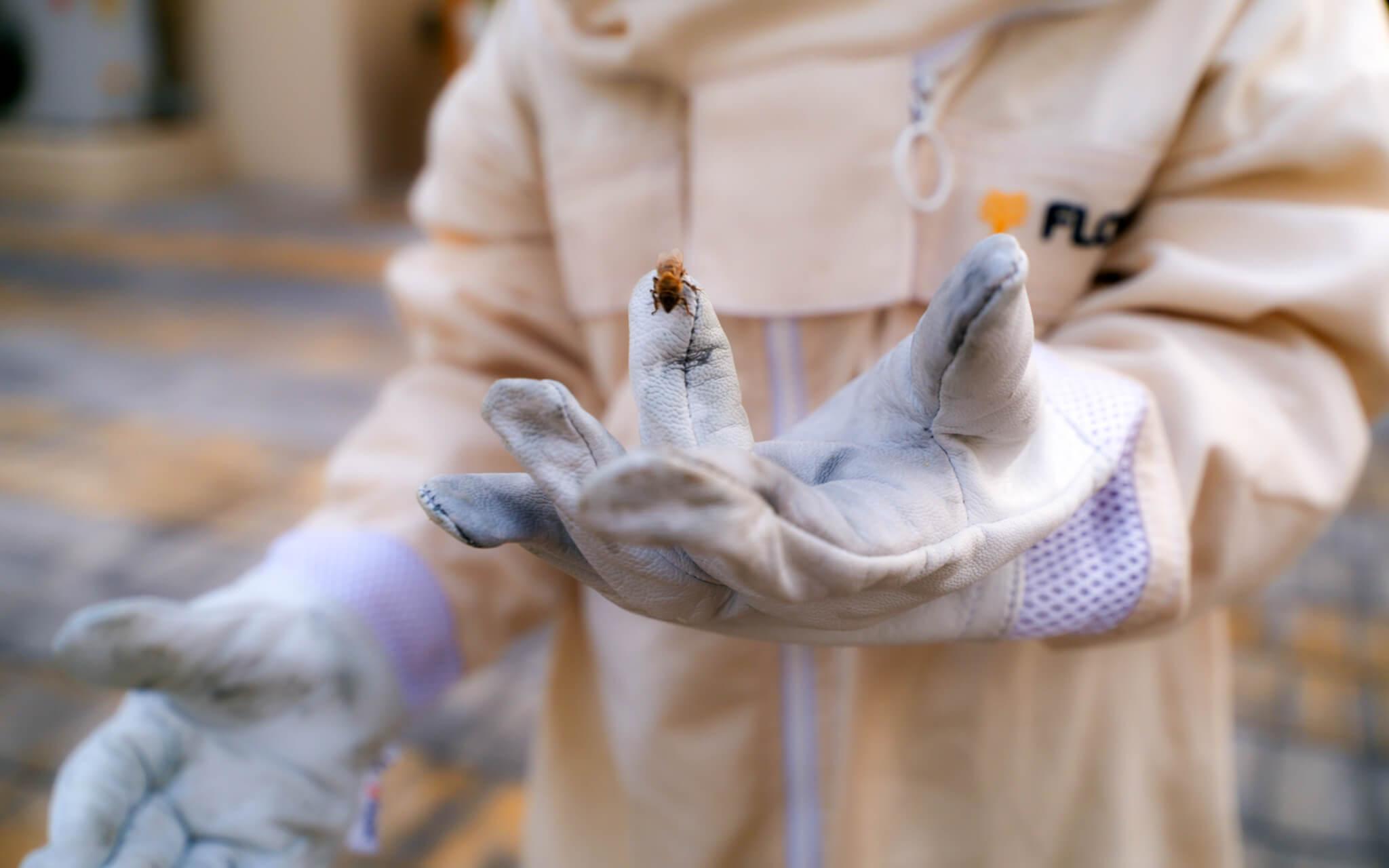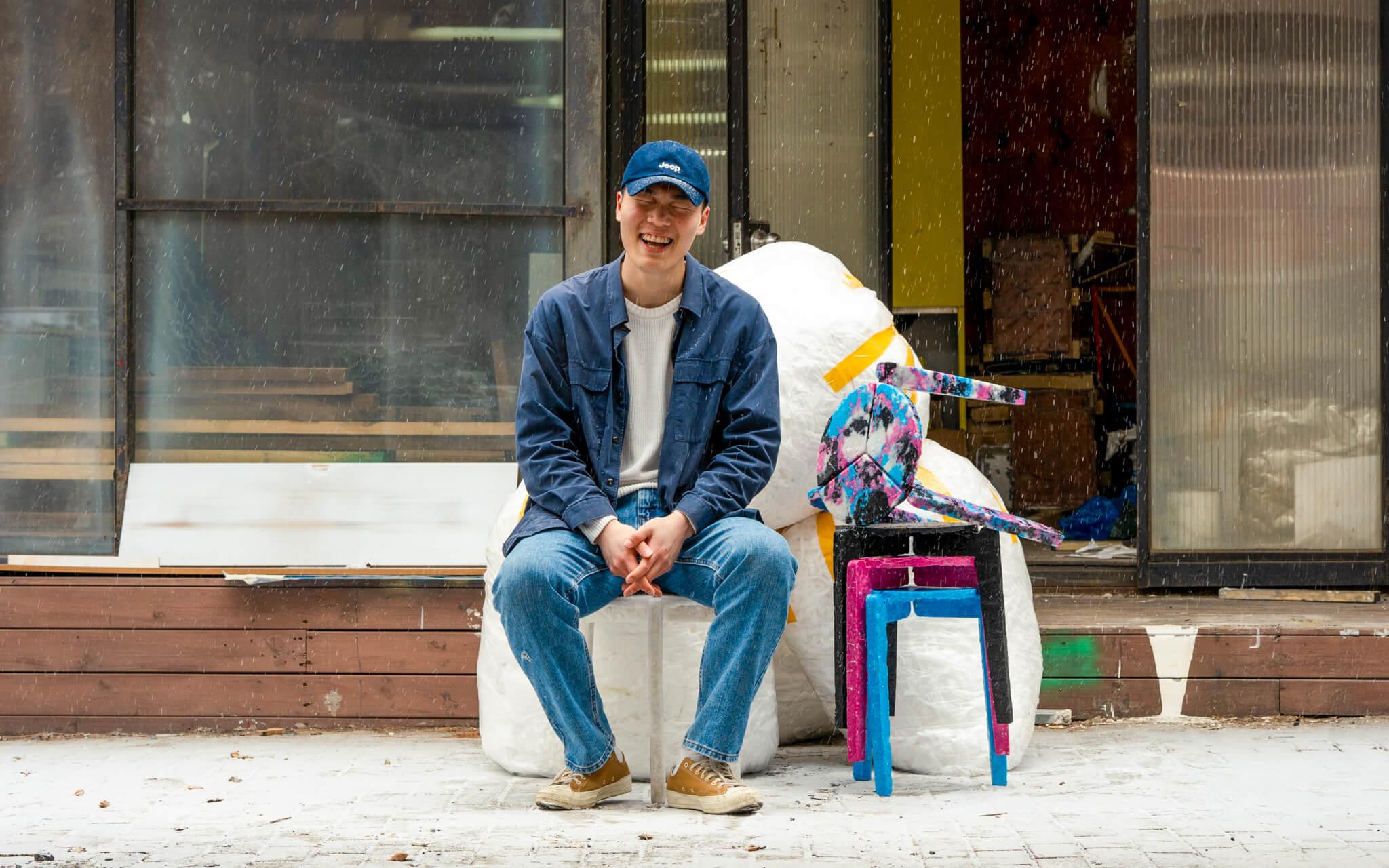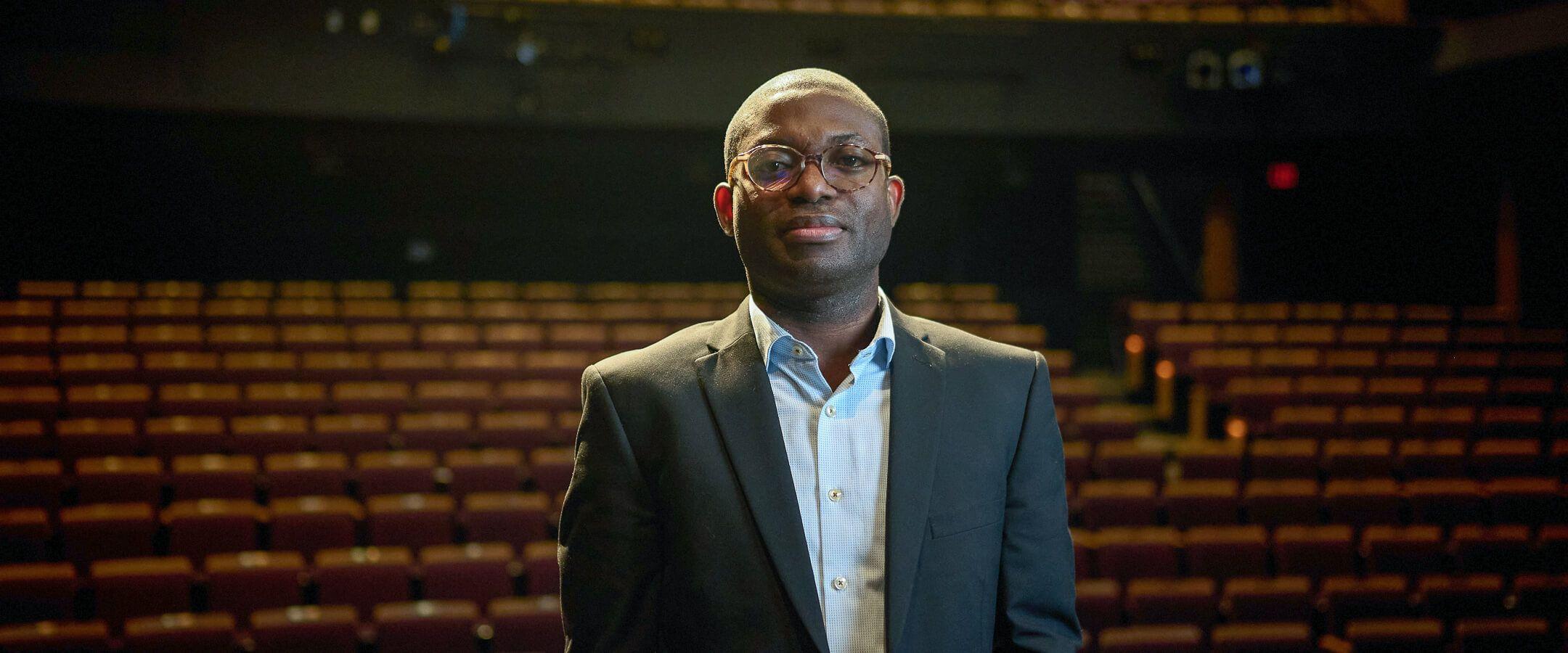No Bread, No Waste, No Problem
Evalotta “Lotti” Spangenberg is a founding member and project manager at Wasted, a promising food production company that uses a surprising ingredient to make their pasta: bread waste.
Lotti Spangenberg was not planning to work in business, let alone the food industry. What brought her to Copenhagen was a master’s programme in Spatial Designs and Society and a desire to see the world outside of Berlin, where she was born and raised.
In her community housing, she found herself amongst like-minded people. Among them was Leif Friedmann. When Leif approached Lotti with the idea of making “compost noodles” in their courtyard one day, she was confused – “I thought he was going to make noodles out of literal compost. I was like, ‘What is this?’”
What Leif meant, despite the confusion, was to recycle old bread and use them to make pasta.
Two years later, Lotti is now a founding member and project manager at Wasted, a food production company that uses bread waste to make tasty pasta. She oversees everything from pasta production to communications, scheduling needs, and, well, everywhere she is needed.
“At first, my neighbour Leif, his business partner Jorge Aguilar, and I would host small gatherings of 5 to 10 in our community courtyard with our pasta. Now, we have served up to a thousand people. It was such an organic growth.”
Many aspects of Wasted simply resonated with Lotti. One was its philosophy of helping the community with the food crisis. Lotti recalls Leif’s family story, which touched her heart “Leif’s great-grandfather once traded his wedding ring in for a half loaf of bread,” she shares. “It’s a longstanding value in his family to not leave anyone hungry.”
As a lover of food and community building, Lotti wholeheartedly supported Wasted’s vision of helping people with food insecurities and reducing bread waste, one of the world's most wasted foods. It makes you contemplate the irony of how both global food insecurities and food waste problems are rising.


Wasted’s coveted ingredient, “wasted bread”, comes from their local industrial bakery, where they freeze the excess bread for the crew to pick up. The bread is then processed into pasta in a not-so-industrial kitchen with limited equipment and workers, which yields pasta with a pleasantly starchy texture. “It’s got a chewier texture! Sometimes, we make them with this really good vodka sauce, or make more wintry dishes with mushrooms and beans – both of which I enjoy.”
“I have a big thing for people coming together at tables. I just love seeing everyone eating together.”
Lotti shares how happy and fulfilled she was when she saw big groups of people coming together, eating and laughing, all with the shared purpose of wanting to take action against global hunger and overconsumption.
They come to these events because of the mission to save the planet. That’s also what gets them talking, and that’s super nice. I love seeing how random people just become friends at the end of the night.
She recalls one of her proudest moments when Wasted served pasta bowls to over a thousand people at a park.
“They come to these events because of the mission to save the planet. That’s also what gets them talking, and that’s super nice. I love seeing how random people just become friends at the end of the night.”
Leading an environmentally sustainable lifestyle always seemed like a natural path for Lotti. Born in the late 1990s, she feels that her generation is the first to ask “why” previous generations interacted with nature the way they did. “I can see the shift in a lot of things that we do as individuals and businesses to be sustainable in general – it just feels obvious to me,” she shares.
“Before I studied design, I earned my bachelor's in geography, so I was always conscious of sustainability in relation to landscape and infrastructure,” Lotti shares. “It was never on my agenda to start a business, but being with it from day one, now I think if we were to create more businesses in our world, it needs to have a sustainable angle. It needs to add something to the world to be successful.”
As much as Lotti embodies the fresh awareness of her generation, she also feels like the motherly type who understands the wide range of people involved in Wasted.
“I’m the mom and the team's communicator. Also, being true to my German genes – I organise every tiny thing.”
The artistic, often tastefully grainy photos and videos with the latest sounds on Wasted’s website and Instagram profile might make you believe that an environmental startup is all mingling at “DJ sets that slap.” However, Lotti is here to remind you that any success you might earn in building and maintaining an environmentally sustainable business model, you must put elbow grease into your work – lots of it.
“Many people think the reality of startups is a fancy office with a ping-pong table, and everyone is just doing something cool with their friends. But the reality is that you're literally running around all the time trying to fix stuff.”
There are many moving parts.
All the hard work is worth it for Lotti. Seeing how much bread was wasted for the first time fundamentally impacted Lotti’s vision.
“I was shocked. We had to turn down so many businesses that wanted us to take their bread waste. From Copenhagen alone, we could make pasta that would last the rest of our lives.”
Lotti hopes that people who become aware of the reality of food waste and food insecurity through Wasted’s vision will start making more sustainable life choices. “Everyone on our team hopes that people will achieve that awareness.”
Lotti shares that, while there wasn’t a fancy five-year path to finding herself at Wasted, she’s now found the path that she very much wishes to stay on.
Most Popular
The Climate Tribe delivers stories about Biodiversity and Conservation, Circular Economy, Food and Water , and how they intersect with climate.
Subscribe
Get the latest stories inspiring climate action around the globe straight to your inbox.






